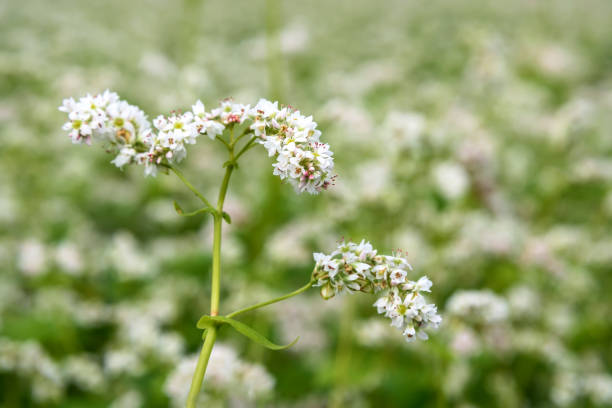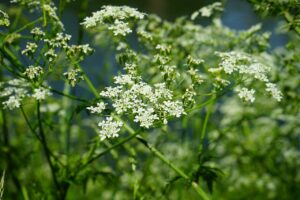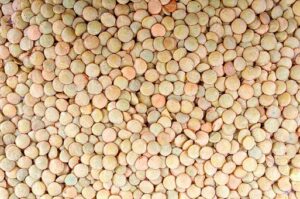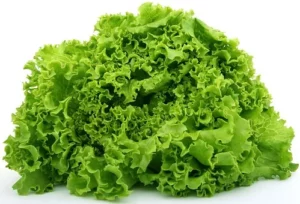
Edible buckwheat (Fagopyrum esculentum) or commonly buckwheat or buckwheat, is a plant grown for its grain-like seeds. Its seeds are small, triangular brown in color that are born from a native low shrub in Asia. Buckwheat is a pseudo-cereal whose seeds resemble the seeds of cereals.
Ingredients of buckwheat
Buckwheat is rich in protein with a content of 13%. At the same time, it contains folic acid, but also several minerals such as calcium, iron, copper, manganese, magnesium, potassium, selenium and zinc. It contains high levels of rutin, a flavonoid, which studies show could reduce the risk of heart attack and stroke by preventing blood clots from forming. It contains all the essential amino acids, many vitamins -mainly of the B complex- that are usually found in animal foods, while it is rich in fat-soluble vitamins E and K. It contains several fiber and complex carbohydrates. It does not contain gluten, so it can be used by people who are intolerant to it (celiac disease).

Buckwheat is found in the following forms.
- Buckwheat flour.
- Seeds raw or roasted.

The health benefits of buckwheat
- It is a source of digestible proteins and helps reduce cholesterol and fat.
- Reduces bloating and bloating.
- It can regulate blood sugar levels. Inositol increases the sensitivity of cells to insulin, which leads to better absorption of glucose by cells and ultimately to better control of blood glucose levels.
- Detoxifies the body and cleanses the intestine. Its seed contains a large amount of fiber (10 g per 100 g of buckwheat).
- Contributes to immediate weight loss and speeds up the satiety process.
- Stimulates heart health. Routine seems to reduce the risk of cardiovascular disease by preventing blood clots from forming and reducing inflammation and blood pressure.
- Regulates blood pressure.
- Improves appetite.
- Helps fight chronic diarrhea and dysentery.







